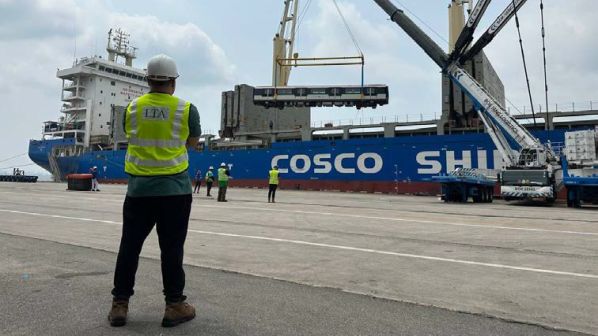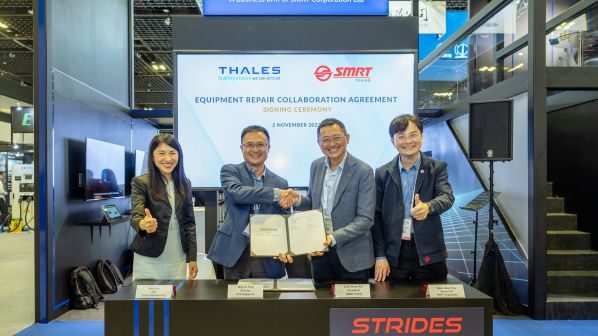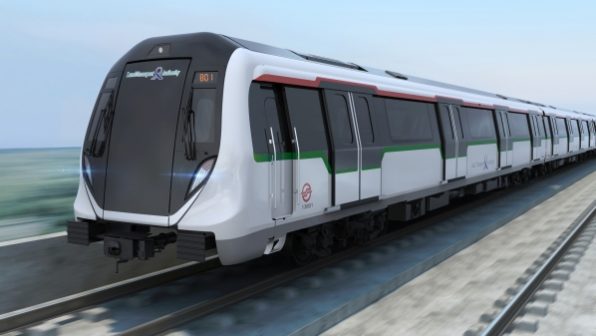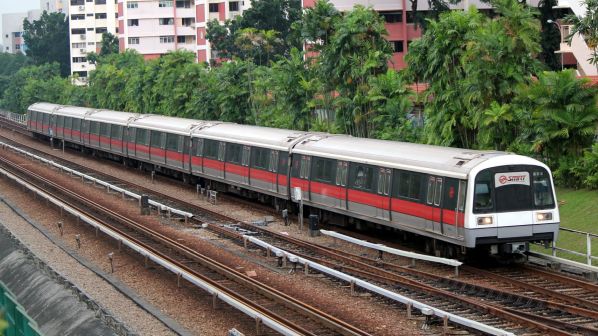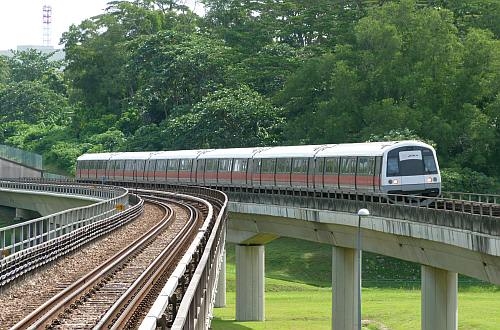SINGAPORE’s Land Transport Authority (LTA) has announced the completion of a multi-year programme to renew and upgrade the North-South and East-West lines (NSEWL), described as the country’s most significant rail improvement project to date.
Starting in 2012, the comprehensive renewal and upgrade of the NSEWL’s six core systems was conducted in phases, in close collaboration with operator SMRT. The replacement of wooden sleepers with concrete sleepers was completed in December 2016, while the replacement of the third rail and installation of CBTC were completed in September 2017 and 2018, respectively.
Since then, work has focused on the renewal of the remaining three core systems: track circuits, power supply, and the NSEWL fleet. All three systems have been equipped with condition monitoring to allow faults to be pre-emptively addressed, preventing service disruption and wider system failures.
LTA says that with the renewed and upgraded core systems in place, the reliability of the NSEWL has improved significantly. The NSEWL has recorded a mean kilometres between failure (MKBF) performance of more than 1 million train-km since 2019, compared with 70,000 train-km and 60,000 train-km on the NSL and EWL respectively in 2012.
More than 1100 track circuits have been replaced since work began in 2018. The new system will enhance reliability and can help to detect broken rails, reducing the risk of disruption and enabling more efficient preventive maintenance.
The NSEWL’s new power supply system has enhanced features for real-time monitoring, to improve fault detection and prediction. It constantly monitors the insulation of traction power supply cables, enabling the operator to assess their condition and take appropriate pre-emptive measures where necessary.
Works started in 2018 and has involved the replacement of 1300km of power cables, 250km of fibre-optic cables, 206 power transformers, 172 switch panels and other equipment in 171 substations. In addition, the 64P touch voltage protection systems at all NSEWL stations have been replaced with new voltage limiting devices to isolate faults and prevent disruption across the line.
In July 2018, LTA awarded a contract to Bombardier, now Alstom, for the supply of 66 trains to progressively replace the first-generation NSEWL fleet, which have been in service since 1987. An additional 40 new trains were purchased in 2020 to replace the second and third-generation NSEWL trains. These new trains are equipped with sensors to monitor the performance of train subsystems and track conditions, enabling early fault detection.
LTA says 26 new trains have now been delivered, with seven in passenger service while the remaining 19 are undergoing testing and commissioning. The remainder of the fleet will enter service progressively until 2026.
For detailed data on fleet orders from around the world, subscribe to IRJ Pro.
